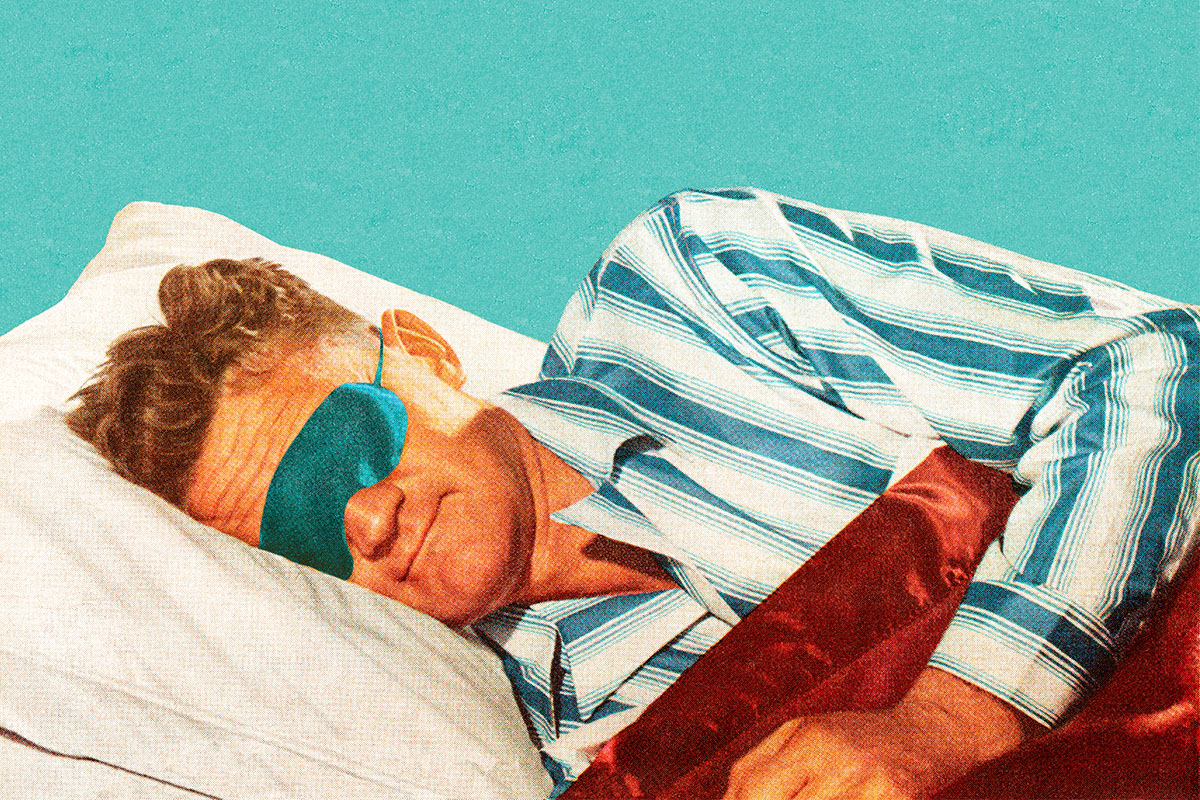According to a study published this week in JAMA Internal Medicine, increasing your sleep intake by just 1.2 hours a night could help you lose weight.
Researchers assessed 80 adults between the ages of 21 and 40, all of whom were overweight and averaged 6.5 hours of sleep or less each night. Half of these participants were paired with a sleep hygiene counselor, intended to help them increase the length and quality of their sleep each night, while the other half continued on with their usual routine.
The sleep hygiene sessions focused on common-sense solutions for a better night’s sleep: how to create a more effective sleeping environment, the right time to go to bed, strategies for sleeping through the night, etc. The experts didn’t instruct the patients to change their day-to-day lifestyle. Diet, exercise, work … it all stayed the same. The only variable that the researchers tweaked was sleep.
But that tweak appears to have a profound, positive impact on weight loss. As the authors of the study wrote, “… sleep extension reduced energy intake and resulted in a negative energy balance in real-life settings among adults with overweight who habitually curtailed their sleep duration.” In simpler terms, sleeping more helped people burn more calories. Just one additional hour of sleep each night helped the volunteers cut an average of 270 calories from their daily intake.
Amazingly, this change manifested from just two weeks of analysis. Sustained over three years, the authors concluded, one would lose 26 pounds. That’s a way more natural weight-loss program than whatever they’re advertising on QVC these days.
Why is one more hour so effective at eliminating pesky pounds? For starters, it’s important to remember that bodies are always burning calories, even at rest. Heavier bodies actually burn more calories, contrary to popular belief, and can use that extra hour of sleep to ensure you wake up in “fat burn” (the sign of a dynamic metabolism).
This research also speaks to the relationship between sleep deprivation, circadian rhythms, stress hormones and appetite regulators. A mountain of scientific evidence has confirmed that we reach for more food (and for more high-carb foods, in particular) when we plod through the day like zombies. If you wake up refreshed, you’re less likely to search for artificial compensation in your fridge or pantry — which, by the way, is only going to make you more tired throughout the day.
Here’s the good news: it’s never too late to fine-tune your sleeping routine. Try to figure out which bookend of your sleep could use the extra hour. Maybe you want to go to bed earlier, maybe you can manage a slight sleep-in. (Don’t feel pressured to continue waking up early — it’s not the ultimate wellness signal that many think it is, and it’s unnecessary if you’re no longer commuting.)
Whatever you decide, it’s a great step to just start thinking in this way. And while weight loss will be an inevitable byproduct of more sleep, get ready for a host of other benefits, including improvements in energy, focus and memory. Ditching belly fat is great, but those are the real wins in the end.
The Charge will help you move better, think clearer and stay in the game longer. Subscribe to our wellness newsletter today.


















